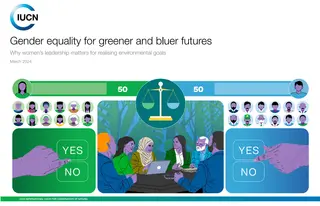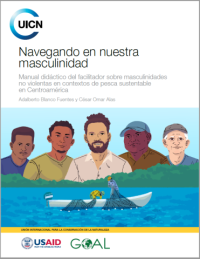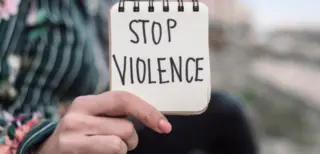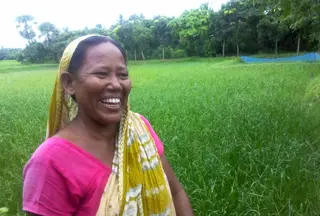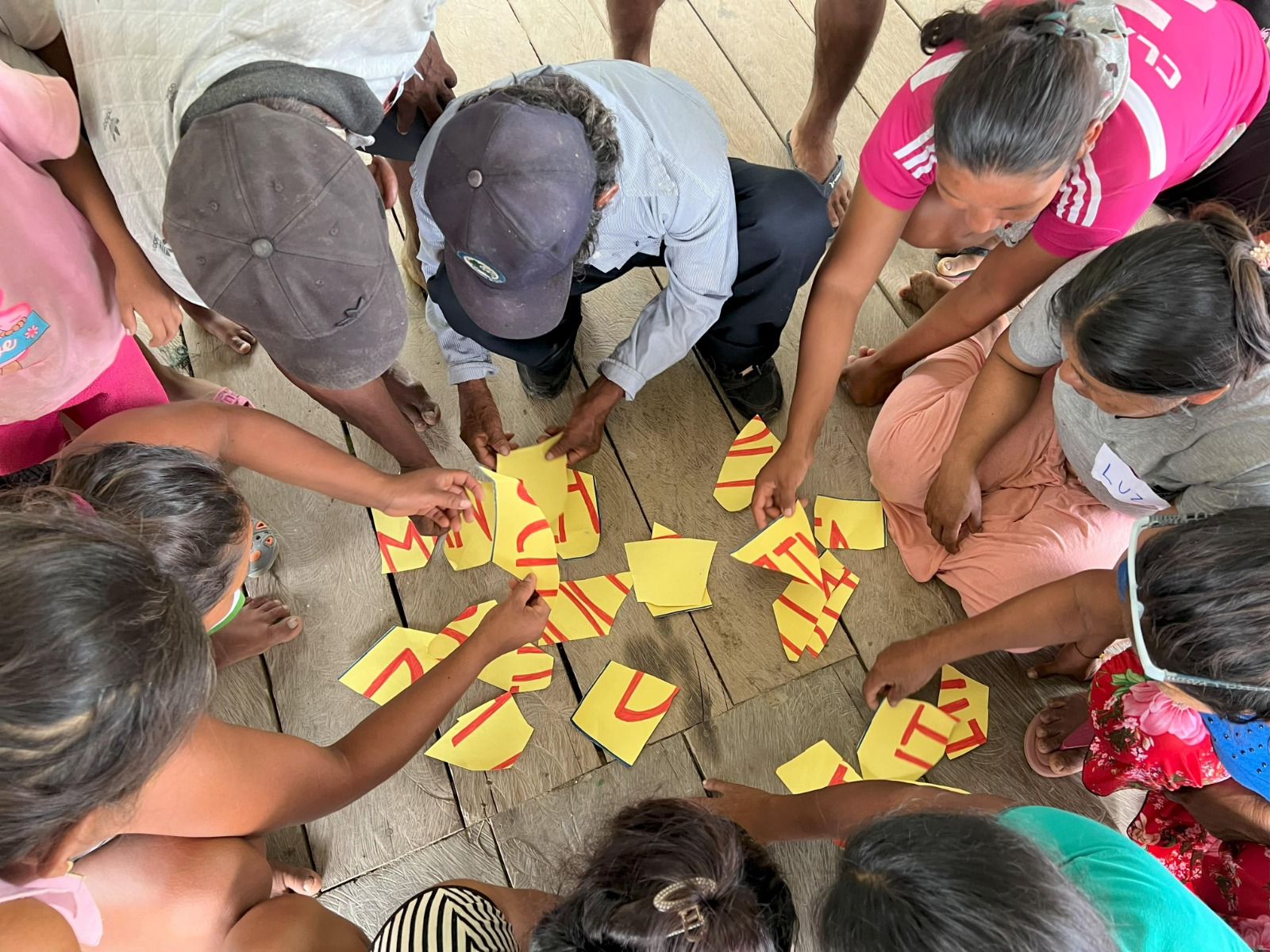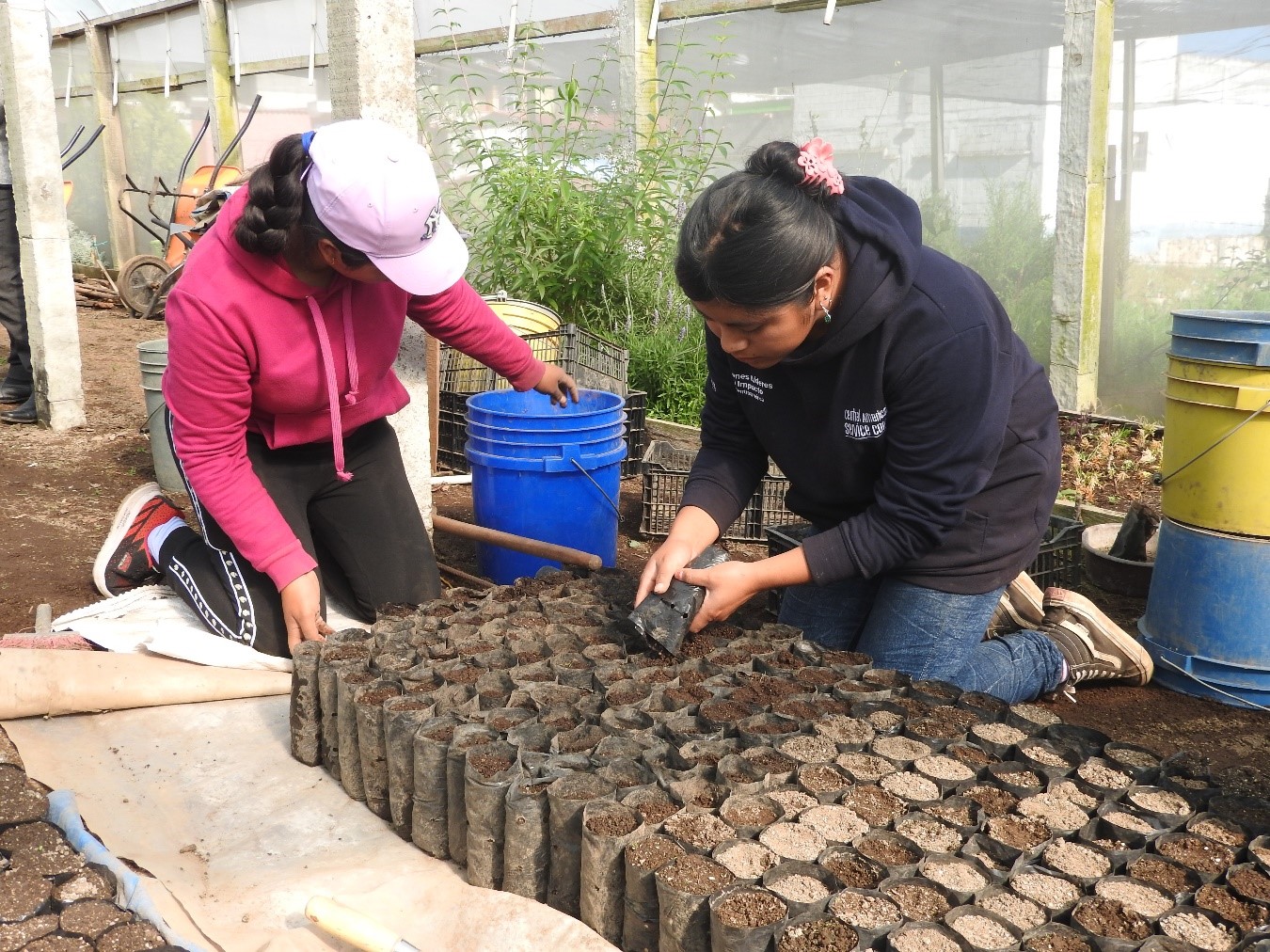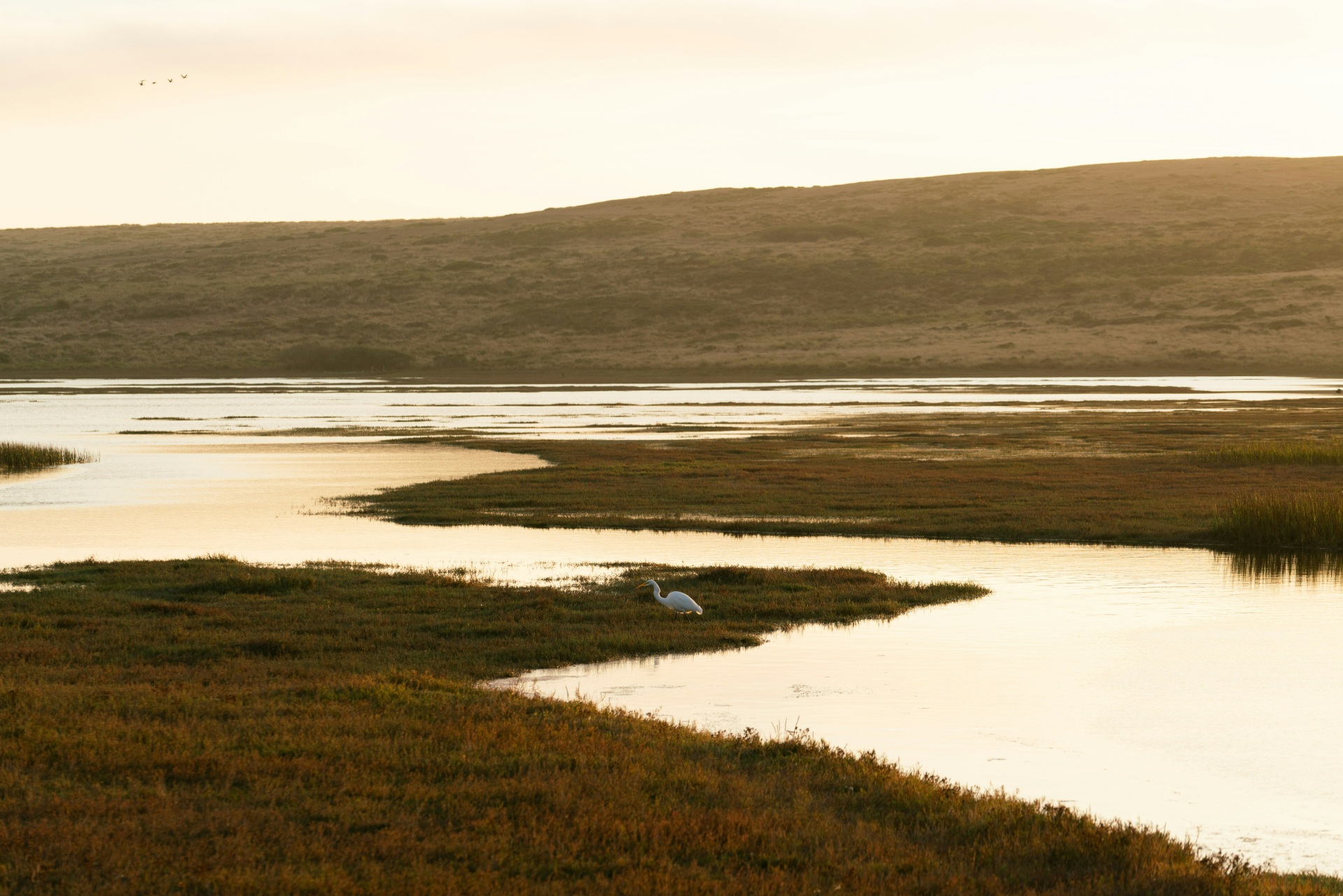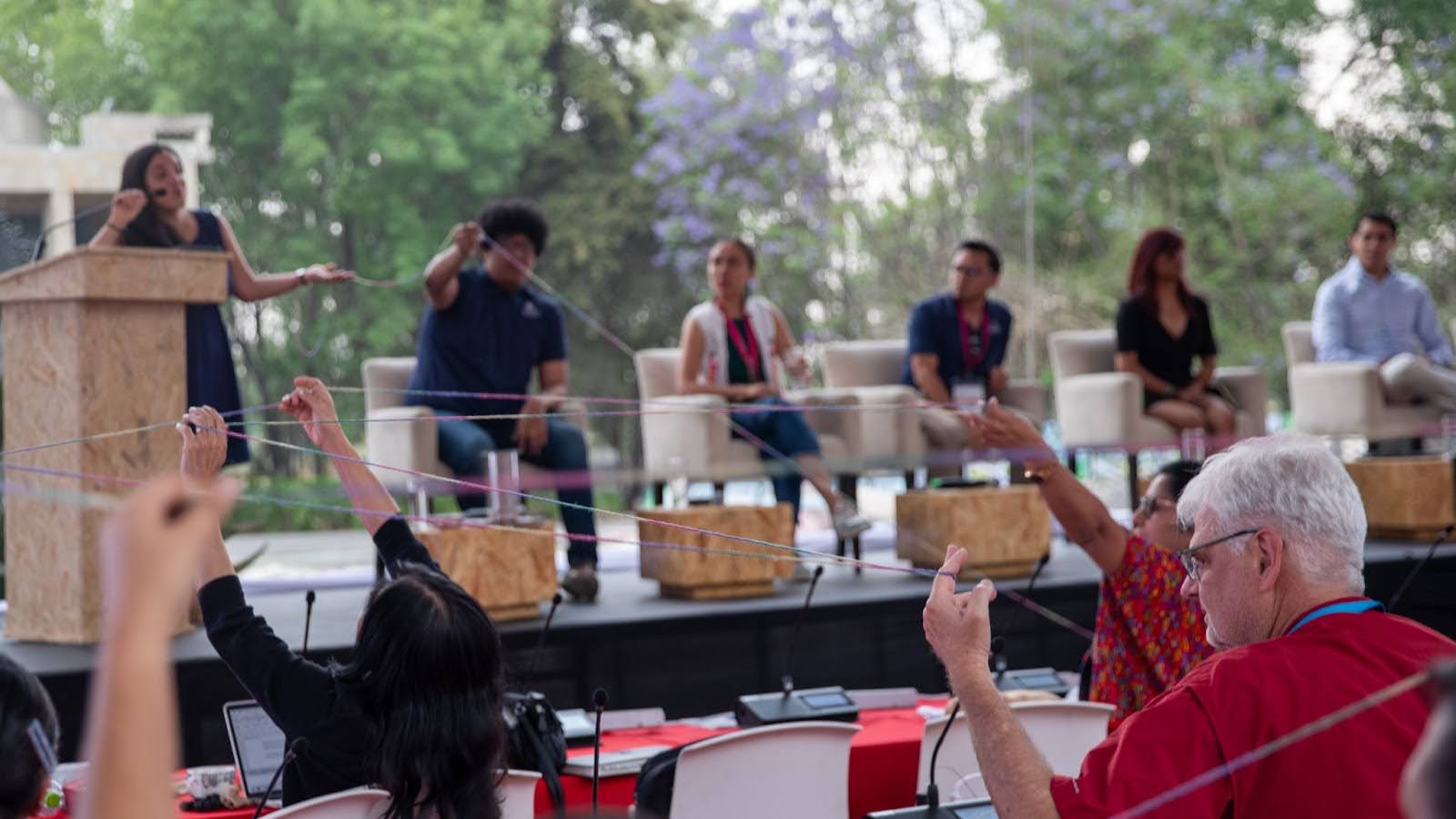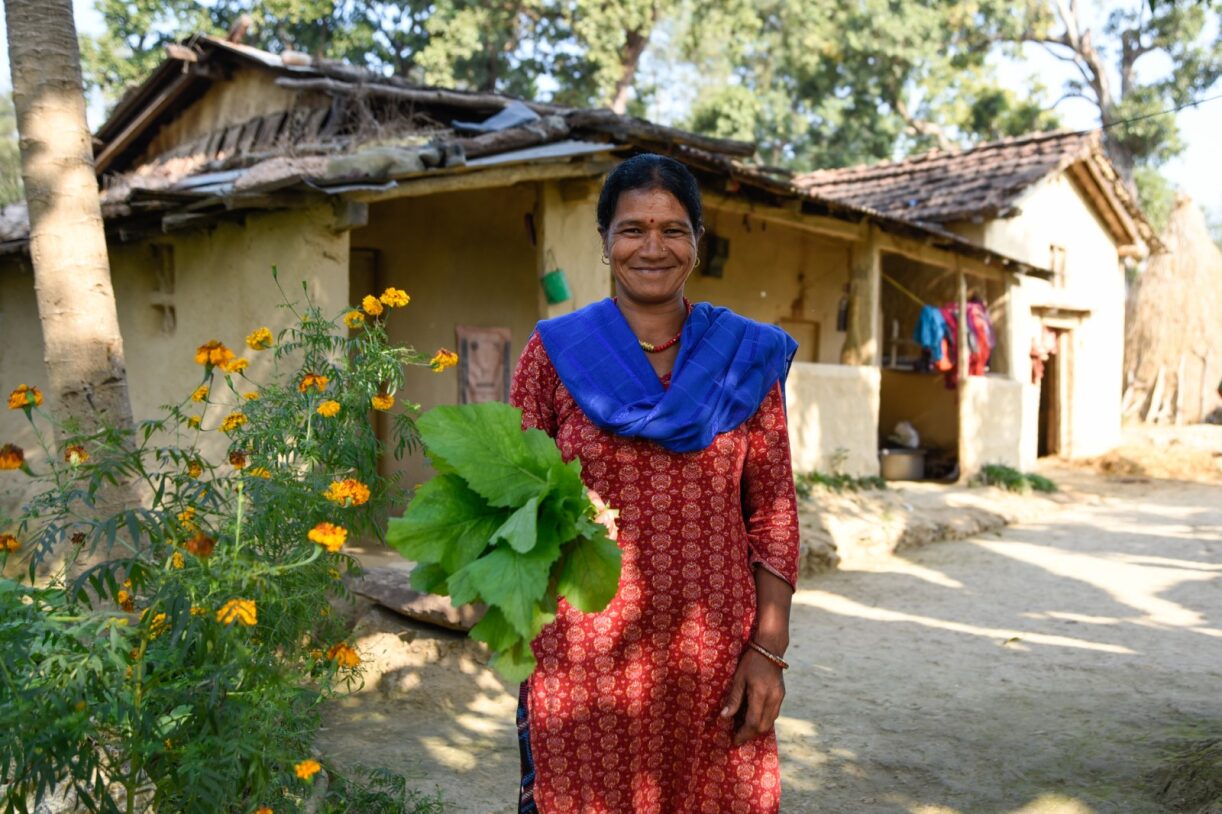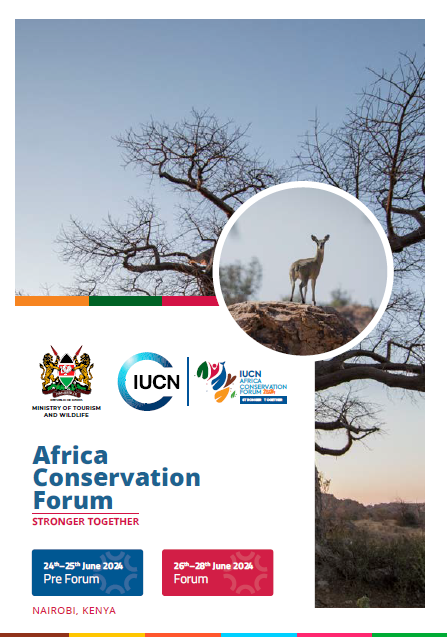Mainstreaming Gender Across the IUCN Programme
IUCN's Gender Equality and Women's Empowerment Policy requires gender-responsive action across the programme and project portfolio, influencing collaborations, strategies and impacts around the world. The Human Rights in Conservation Team gender experts, working in close cooperation with other diverse teams and partners, provide tailored support for gender mainstreaming, including through building and leveraging knowledge and tools; advising on partnerships; and developing and ushering methodologies and other technical support to strengthen the institutionalisation of gender equality across IUCN offices, commissions and member networks.
Knowledge Generation
IUCN has been a thought leader on gender-environment issues for decades, generating knowledge and awareness on critical linkages between gender equality and environmental outcomes. As the global environmental agenda has evolved, IUCN has been at the forefront of producing new knowledge and guidance to ensure women's empowerment and gender equality is meaningfully integrated into technical fields such as REDD+; Forest Landscape Restoration; Climate Change Action Planning, including Nationally Determined Contributions; and ensuring progress and accountability on meeting gender commitments anchored throughout the Sustainable Development Goals.
Gender and Environment Resource Center
IUCN has been dedicated to identifying and filling knowledge gaps on gender and climate change for many years. The Gender and Environment Resource Center supports the goals and delivery of numerous projects focused on advancing gender equality and women’s empowerment throughout natural resource management activities. The knowledge and action platforms are supported by a single, large library of curated resources on gender-environment topics.
National Implementation
Among the world’s most pressing and complex challenges, climate change is not gender neutral. Over the last decade, tremendous progress has been made by the global community in recognising the differentiated causes and impacts of climate change and considering proactive, effective, inclusive, and gender-responsive solutions.
Implementing programming across 160 countries around the globe, IUCN plays a key role in supporting countries and their stakeholders to improve their capacities for and commitments to gender-responsive action across climate change, biodiversity, desertification and degradation, and other sustainable development spheres. IUCN has supported more than two dozen countries in developing national climate change gender action plans (ccGAPs), which build on a country’s national climate change policy, strategy, or plan – identifying gender gaps and gender-responsive actions across each priority sector to enhance rights-based, gender-responsive, socially inclusive climate decision-making, programming, and practice. For example, IUCN is supporting the Government of Guatemala and its stakeholders – including in particular diverse women, Indigenous Peoples, and others commonly marginalised – to implement commitments to gender equality and climate action, enriching strategies for implementation of the country’s Nationally Determined Contribution and relevant cross-sector policies. IUCN also provides sector-specific training, technical support, and capacity building to strengthen systems-wide awareness and skills for gender mainstreaming across environmental arenas—as well as the inclusion of environmental issues in major women’s rights and gender equality arenas. The Art of Implementation: Gender Strategies Transforming National and Regional Climate Change Decision Making summarises the ccGAP process and spotlights countries’ sector-specific activities. Roots for the Future also summarises this and related processes.
Global Policy and Standards
Recognising that gender mandates at the global level create enabling conditions for national-level action, and vice versa, IUCN has been a key player driving attention to gender issues in international environmental policymaking spheres since before the Earth Summit. Informing and likewise contributing to the implementation of Gender Action Plans across the Rio Conventions – including those of UNFCCC, UNCCD and CBD, as well as gender mandates of Ramsar and other key processes, IUCN also collaborates with major donors and finance mechanisms, from the African Development Bank to the NDC Partnership to continuously advance gender-responsive environmental and climate action.
